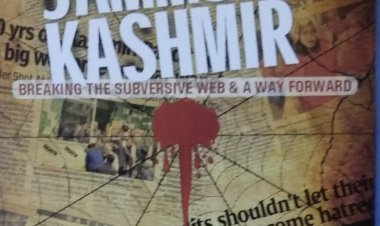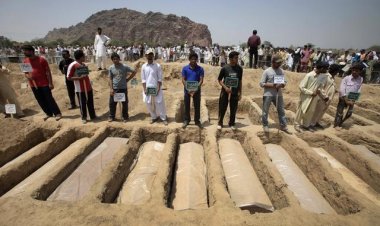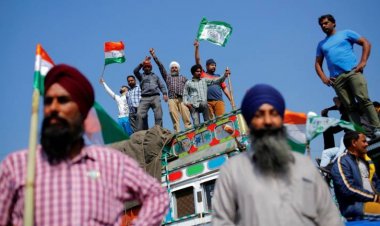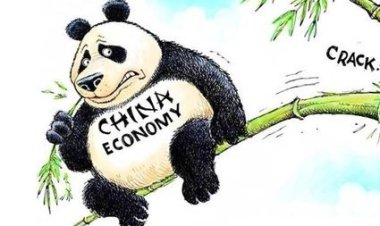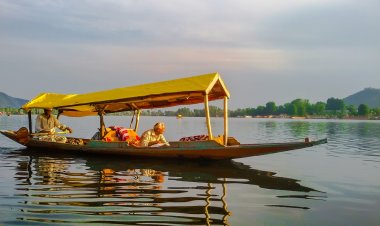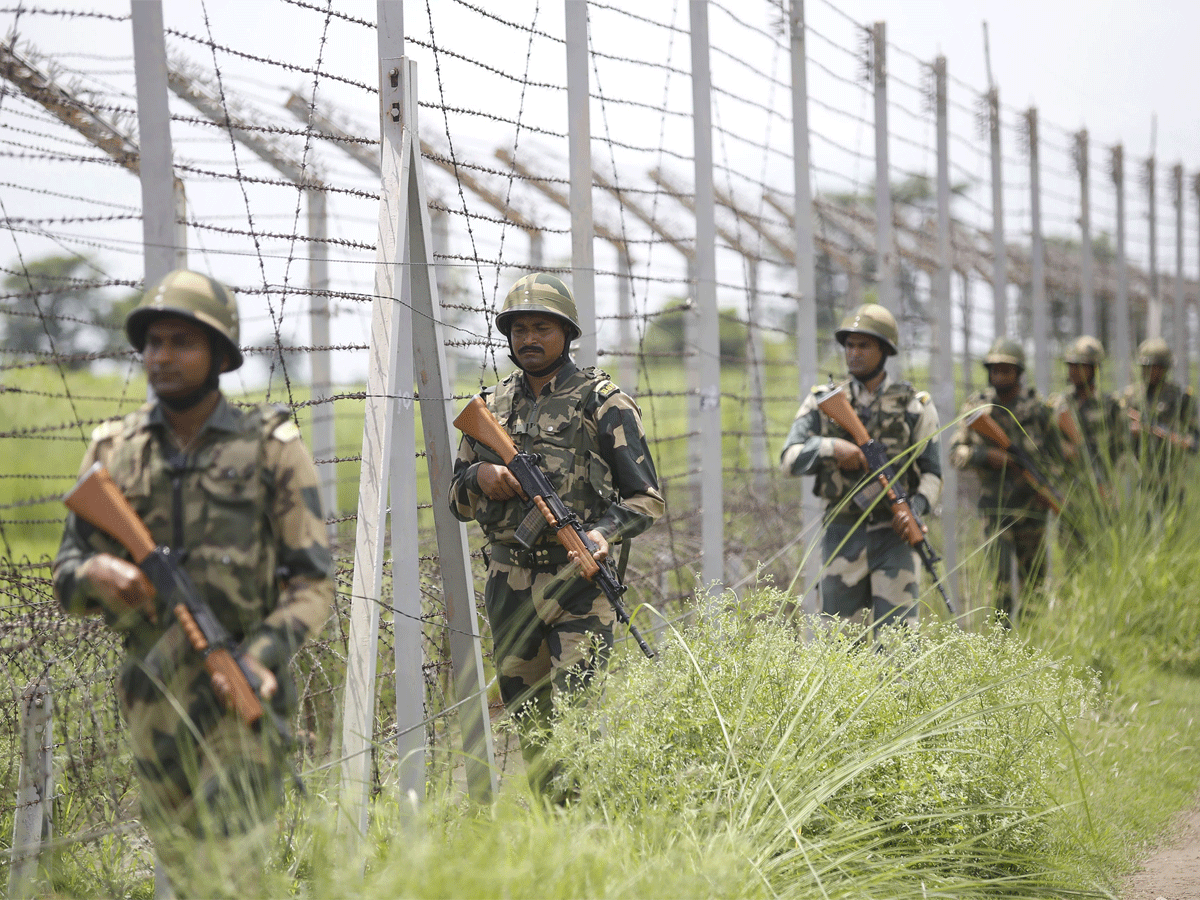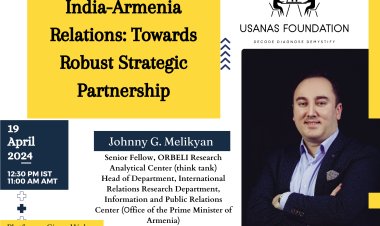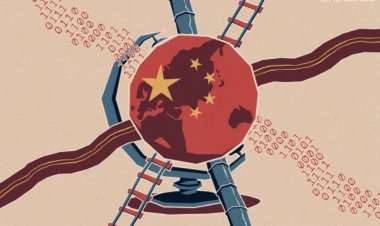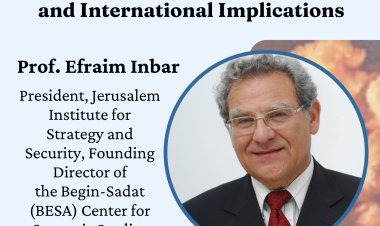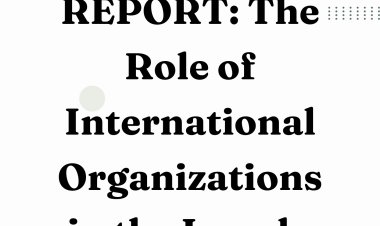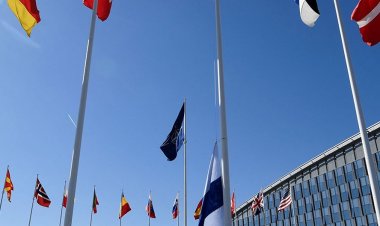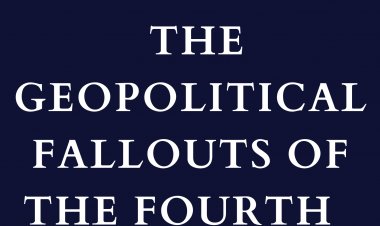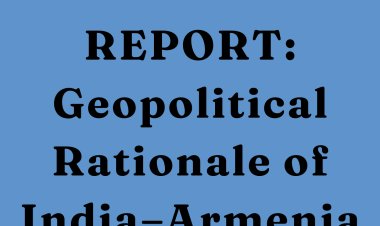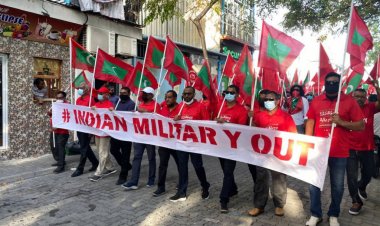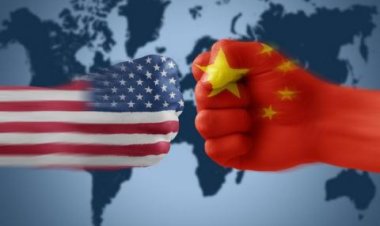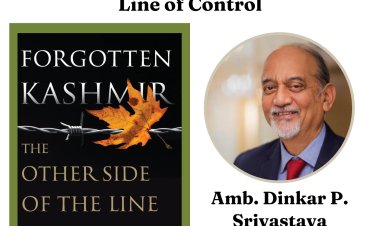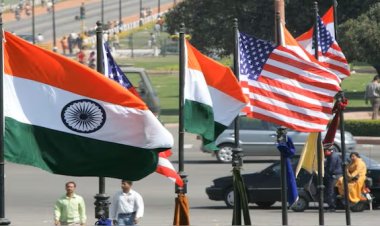India's Farmers Protest: Implications on Foreign Policy and National Security
There has been a growing trend of India's domestic issues intersecting with its foreign policy, causing broader geopolitical concerns and subsequently influencing national security. The current situation mandates a critical analysis to safeguard India’s interests, as it has the potential to revive an inactive secessionist movement.
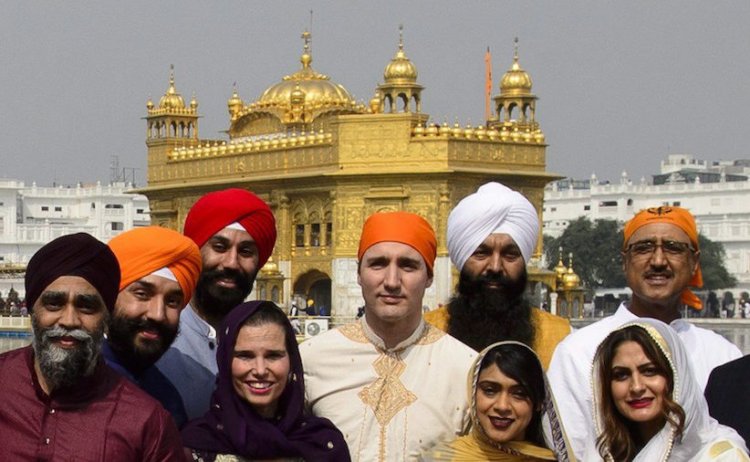
Analysis
By Samiksha Roy
Amidst a raging pandemic and a chilly December, the farmers' protest in India which is predominantly concentrated in the north by farmers of Punjab and Haryana continues without any negotiation point being reached by the Farmer Unions and government of India. What is interesting here is that the event is not just an important chapter in India’s domestic politics and policy, but has garnered attention with politically loaded motives, from foreign players, state and non-state actors.
There has been a growing trend of India's domestic issues intersecting with its foreign policy, causing broader geopolitical concerns and subsequently influencing national security. This was evident in the case of Article 370 and the Anti Citizenship Amendment Act (CAA) which garnered negative international attention. The current situation mandates a critical analysis to safeguard India’s interests, as it has the potential to revive an inactive secessionist movement.
At the crux of this issue lies the comment made by the Canadian Prime Minister Justin Trudeau on the occasion of the Sikh festival "Guru Purabh" where he expressed his support towards the peaceful protests in India while addressing the Sikh community in Canada. Apart from him, comments also came in from countries like the United States, the United Kingdom. However, Canada's comments came from the highest authority. Delhi has been proactive on its engagement with foreign criticism but none of them has been as strict as New Delhi categorising Canada's comments as "ill-informed", "unwarranted" and "damaging" on the ties between the two countries. This was followed up by the cancellation of Foreign Minister S. Jaishankar's upcoming meeting on COVID-19 with his counterpart. It’s difficult to predict the future trajectory of India-Canada ties however, understanding the recent history of their relationship might prove useful.
Be it in India or foreign countries, projecting every protestor as a Khalistan supporter is unnecessary and might be contrary to India's interest but this does not mean that India shouldn’t be concerned about protests outside of India that have been hijacked by the Khalistan supporters. Adding onto this, Prime Minister Justin Trudeau's government has been soft towards the extremist side within the Sikh community; from Canadian ministers having Khalistan supporting ideologies to inviting ex Khalistani terrorist to an event in his tour of India, inviting criticism both within India and the opposition in Canada. He also attended a "Khalsa Day" parade in Toronto organised by one of the radical Gurudwaras; this attracted a strong reaction from Delhi. No other Canadian leader has ever attended the event for over a decade, including former Prime Minister Stephen Harper. This had paved the way for Prime minister Narendra Modi’s visit, which allowed for deliberations over various topics like Trade, Nuclear cooperation as well as reaching out to the diaspora. Hence it can be very well argued that Prime Minister Trudeau perceives India through the lens of his domestic politics rather than diplomatically, which is all the more evident from his disastrous India trip.
From an international relations perspective, the incident can be explained by the "Complex interdependence theory" put forward by Robert Keohane and Joseph Nye which says that States and their fortunes are inextricably tied together due to various international transactions like the flow of goods, money and people. Canada being an immigrant centred country depends on the outflow of skilled labour from India and more so from Punjab. This outflow has increased significantly over the past three-four decades and as a result, their political leverage has expanded; this is evident from the fact that Prime minister Trudeau's cabinet has three Sikh Ministers, Canada's parliament has 18 Sikh MP's out of the total 338, making it a decent 5.32% share, compared to India’s 2.39% (13 Sikh MPs out of 543 in Lok Sabha). This sheer numerical logic makes all the three major federal political parties of Canada (Trudeau’s Liberals, the Conservatives and the NDP) sensitive to the affairs and sentiments associated with the Sikh community.
Much to India’s success, Canada didn’t recognise "Referendum 2020" an initiative of Khalistan sympathisers backed by Pakistan. Both the countries were closely cooperating on many issues, however many of the NIA listed Khalistan terrorists are based out of Canada and there are no hopes of them being deported soon. Two instances involving prime minister Justin Trudeau reveal the hypocrisy in his comments. Firstly, Canada has consistently opposed India in the World Trade Organisation (WTO) on matters relating to India's farm subsidies. Secondly, he criticised blockades during a protest by an indigenous community opposing a gas pipeline project in Canada, a side of which we are witnessing even in India. The United Kingdom has also seen protests but has said nothing substantial due to its fear of damaging ties with India when it needs India the most during its Post-Brexit situation.
With regards to the national security aspect, India is one of the few countries in the world that has been able to quell an active insurgency, be it in Mizoram or Punjab. This does not mean that these movements from the past can’t be activated again, especially when they become emotionally charged issues for the people, as in the case of Punjab. The current protests should be a major concern for the security establishments of the country due to the very fact that overseas radical Khalistan groups have always looked for such issues concerning Punjabi or more so with the Sikh identity; the issue of river water sharing with neighbouring states like Haryana, farming and more recently drugs as well as religious issues like Kartarpur corridor has been used to radicalise the youth and spread disinformation. It must be noted that the majority of the farmers are using their constitutionally guaranteed right but a disinformation campaign or fake news either due to domestic political reasons or an organised overseas Khalistan project can alienate the population, they might see it as an attack on their identity. Therefore, the government should try hard to clarify the narrative, or else it might help the adversaries with bad intentions.
Secondly, on a domestic level, even at a low scale, such activities that support the Khalistan do exist; starting from Akal Takht saying all Sikhs want Khalistan to terrorist organisations like Babbar Khalsa being active, their members were recently arrested for killing an ex Shaurya Chakra awarded Balwinder Singh. This suggests that the existence and low-level support of and for such groups does exist and might see an increase if not fully monitored and contained.
Thirdly, the connection between ISI and Khalistan supporting organisations are well known, it is evident from the fact that Pakistani, as well as the Khalistan supporting diaspora, has often come together in their protest against India on the Jammu and Kashmir issue or the recent protests. They have lobbied against India on every platform, creating a significant problem for Indian diplomacy. The misinformation campaign being spread by both the sides on social media is staggering and may cause a significant law and order problem that disrupts the peace just like the Delhi riots during the Anti CAA-NRC protests.
Last but not the least, from a wider perspective this added security challenge along with an economy that is at its worst, the border dispute with China in Ladakh and a LOC that is always in headlines for ceasefire violations doesn’t reflect well for India’s national security concerns. Historically, a state has always been attacked when it is at its weakest, to put India in the same position would be an overstatement but from a realist perspective, it should worry the Indian government.
Thus, like Sun Tzu, the famous Chinese military scholar once said: "Victory comes from finding opportunities in problems" this current problem too can be resolved. From the context of Indian foreign policy, as foreign minister S. Jaishankar, recently said that in diplomacy differences should not be escalated into disputes. Similarly, India-Canada ties can be improved for the better only when both the nations value their national interest rather than domestic politics and respect each other's sensitivities. There is nothing wrong with Prime minister Trudeau catering to his Sikh citizens but he should not pander to the radical lot that India has fully justified concerns over. This is considering that they have very often supported and perpetuated anti-India activities from Canadian soil. Secondly, India must use its diplomatic resources to reach out to the Sikh diaspora in countries which have a sizable share of their population because just like in the past, even today there exists a lot of misinformation and wrong perceptions about India within the community.
Additionally, sovereignty in the 21st century is a very disputed and debatable term, India can’t base its argument entirely on it, instead of like any self-confident nation in a globalized context, New Delhi must listen to criticism and respond to them. But most importantly, it should realise its own national capabilities and talk about other countries more actively. Only through this can the western privilege of being the self-appointed champions of international norms and values be changed; only this can lead to some sort of meaningful multilateral world order.
Samiksha Roy is a Research Assistant with Usanas Foundation
Disclaimer: This paper is the author’s individual scholastic contribution and does not necessarily reflect the organisation’s viewpoint.

